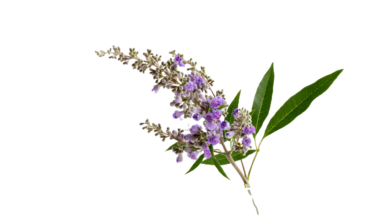Herbal Teas: Chamomile, peppermint, and ginger tea can aid digestion and reduce stress.

Brief information about it:
Herbal teas made from chamomile, peppermint, and ginger are popular choices for their potential health benefits. These teas are often used to aid digestion and reduce stress.
Uses:
· Digestive health: Chamomile, peppermint, and ginger teas can help soothe the digestive system and relieve symptoms like bloating, gas, and heartburn.
· Stress reduction: These teas may help reduce stress and anxiety due to their calming properties.
· Improved sleep: Chamomile tea is often used to promote relaxation and improve sleep quality.
Mechanism of action:
While the exact mechanisms of action for these herbal teas may vary, they are believed to work in several ways:
- Relaxation: Chamomile and peppermint teas contain compounds that can promote relaxation and reduce stress.
- Anti-inflammatory properties: Ginger tea has anti-inflammatory properties that can help soothe the digestive system.
- Digestive enzymes: Some herbal teas may contain compounds that stimulate the production of digestive enzymes, aiding in digestion.
Elimination half life:
The elimination half-life of the compounds in herbal teas is generally short, as they are metabolized and excreted relatively quickly by the body.
Route of Administration:
Herbal teas are typically consumed orally. They can be brewed and enjoyed hot or cold.
Side effects:
Herbal teas are generally considered safe when consumed in moderate amounts. However, some people may experience side effects, such as:
- Allergic reactions: People with allergies to plants in the daisy family (like chamomile) may experience allergic reactions.
- Gastrointestinal issues: Excessive consumption of peppermint tea can sometimes cause digestive problems.
- Drug interactions: Herbal teas may interact with certain medications, so it’s important to consult with a healthcare provider if you are taking any prescription or over-the-counter medications.
Dose:
The appropriate dose of herbal teas can vary depending on individual factors and the specific health condition being treated. It’s generally recommended to start with a moderate amount and adjust as needed. Consult with a healthcare professional for personalized dosage recommendations.
Precautions:
· Pregnancy and breastfeeding: Some herbal teas may not be safe during pregnancy or breastfeeding. Consult with a healthcare provider for specific guidance.
· Medication interactions: As mentioned, herbal teas may interact with certain medications.
· Allergies: If you have known allergies to plants in the daisy family (like chamomile), avoid consuming chamomile tea.





